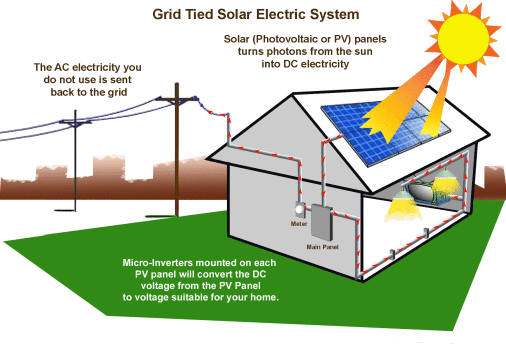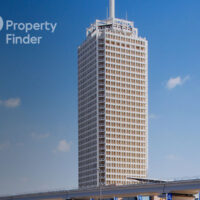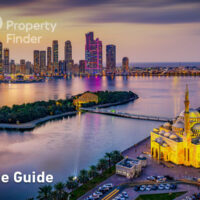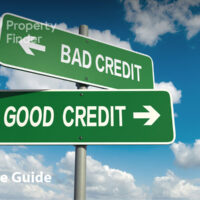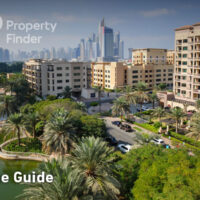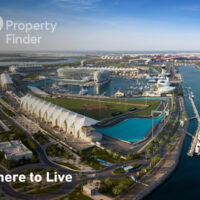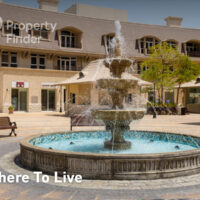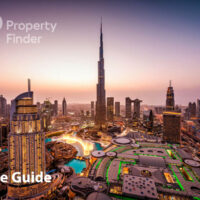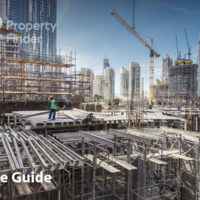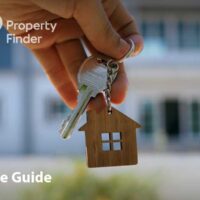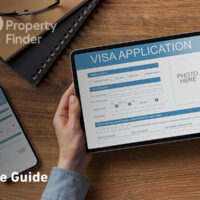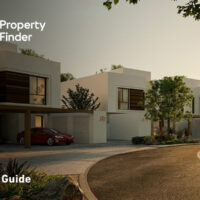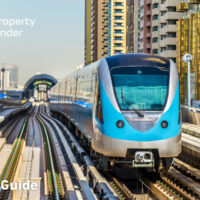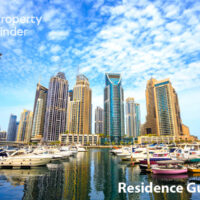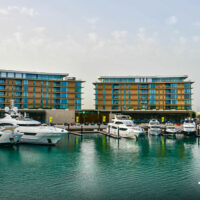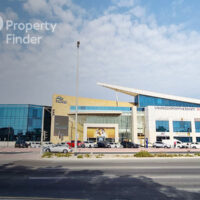This may come as a surprise in a region known for its oil exports, but the UAE is leading the way to make green dreams come true. In fact, Dubai has set an ambitious goal to increase solar capacity to 7% by 2020 and 25% by 2030. If you want to do your part to get us all to this sunny standard, the Shams Dubai initiative is here to help.
The initiative encourages households to tap into solar energy by installing solar power panels to their homes. The electricity generated is used by the residence and the surplus is exported to DEWA’s grid network to help power even more homes.
We pulled together this how-to so you can get started catching your own rays.
What is solar power?
Solar energy generation is harnessing the power of the sun through solar photovoltaic (PV) panels and converting it into electricity without burning fuel, making it a zero-carbon alternative.
Each solar panel produces 250 to 270 watts of electricity, and depending on the number of panels installed in a single house it can power everything from refrigerators and televisions to smartphone chargers and recessed lighting.
Why should I go solar?
The biggest incentive for Dubai residents is that investing in solar is investing in the future. Literally. Over time, the initial investment in solar panels starts to pay for itself: getting your power from the utility grid costs money, but the sun is always free! Especially in this sandbox we call home.
The entire system would cost around AED 35K and a return on investment can be expected in eight years.
Solar power may also be good for your conscience. Relying on solar produces no pollution and no greenhouse gases emissions.
It may also increase the value of your home. According to DEWA. if you decide to sell or rent out your property, it can attract a higher price or rent in the market if a PV system is installed since the new owner or tenant can expect lower electricity bills due to the electricity generated right at home.
How can I go solar in Dubai?
Applying is free and you could be up and running with a smalls system producing 10kW or 20kW in as little as a week. Larger, commercial or industrial systems take between four and eight weeks.
The process to enroll in the Shams Dubai program, according to DEWA, requires four stages:
- The No Objection Certificate (NOC) stage.
- The Design Approval stage.
- The Inspection and Connection stage.
- The Generation stage.
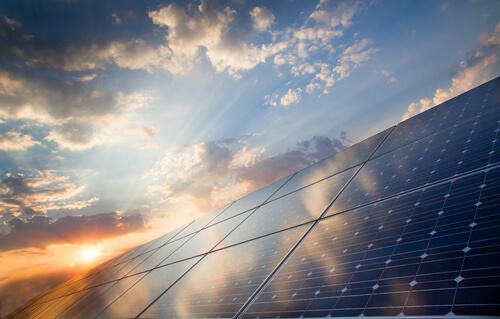
How much will it cost?
Solar costs around the world have dropped significantly over the last few years as the technology has improved and demand has skyrocketed. As for Dubai homes, a single answer to the exact cost is tough to calculate since installing solar panels depends on the size of the house and the energy consumption.
DEWA makes a pretty nifty calculator available so you can figure out the cost of your own home, and see if anyone else in your neighbourhood is taking part.
Here’s a rough estimation of the cost based on an example:
A 5kW system consisting of 20 panels would be enough to cover 20% of a three bedroom villa’s energy needs. Like we said earlier, the entire system would cost around AED 35,000 and a return on investment can be expected in 8 years. In short, if your monthly bill is between 1,500AED and 2,000AED, the system will save you between 250AED and 300AED a month.
The costs of operating solar panels in households will continue to drop as more and more providers enter the market.
Other costs to be considered when installing solar panels are:
- Cleaning cost: Because of dust, solar panels need to be cleaned every 15 days. Options for this include automated machines or manual cleaning through specialised cleaning services
- Steel structure for the roof bracing
- Installation of the meter that measures the electricity generated by the PV system from DEWA as part of the one-off connection fees (1,500AED)
More information on DEWA’s Shams initiative.


